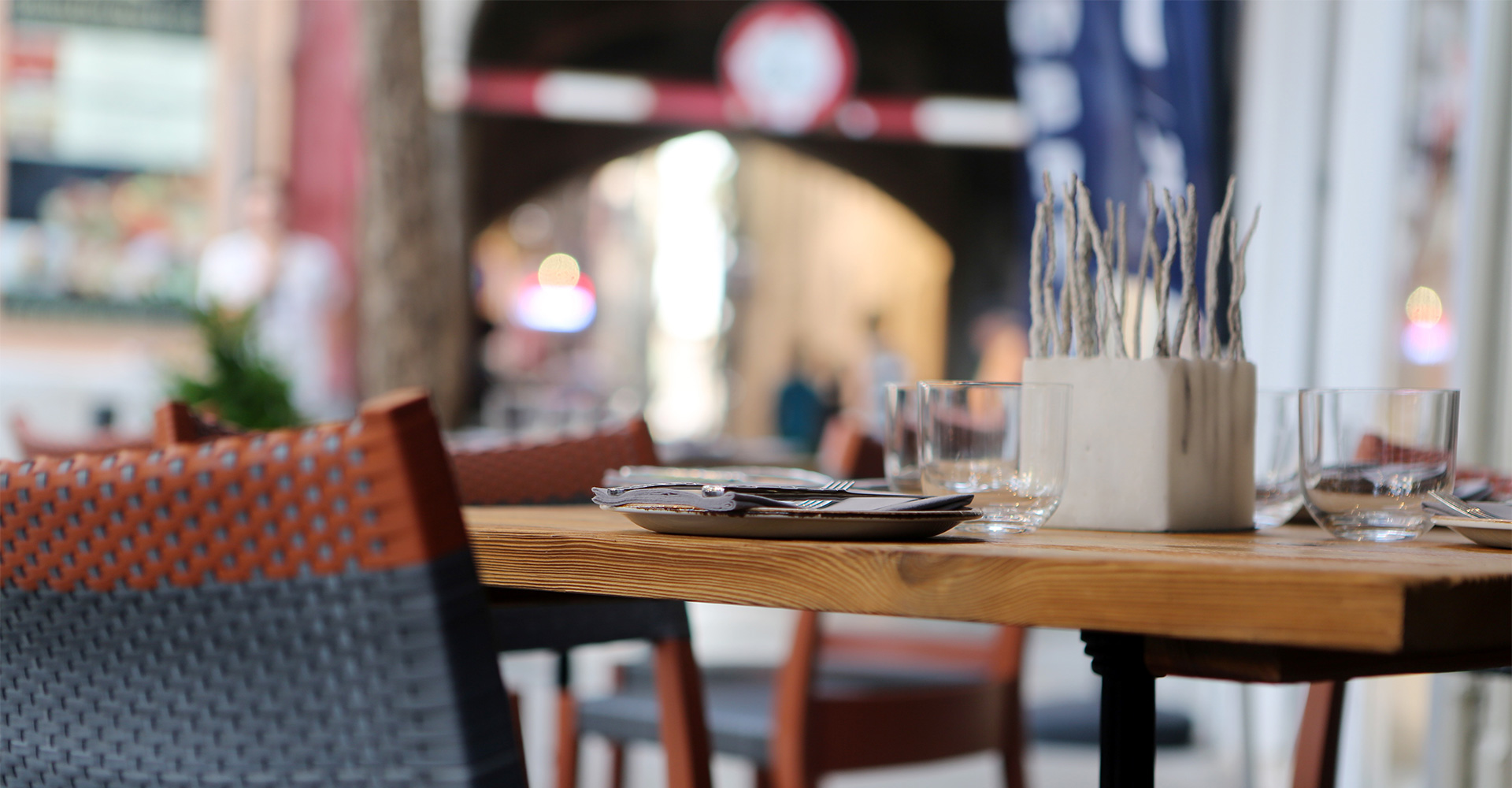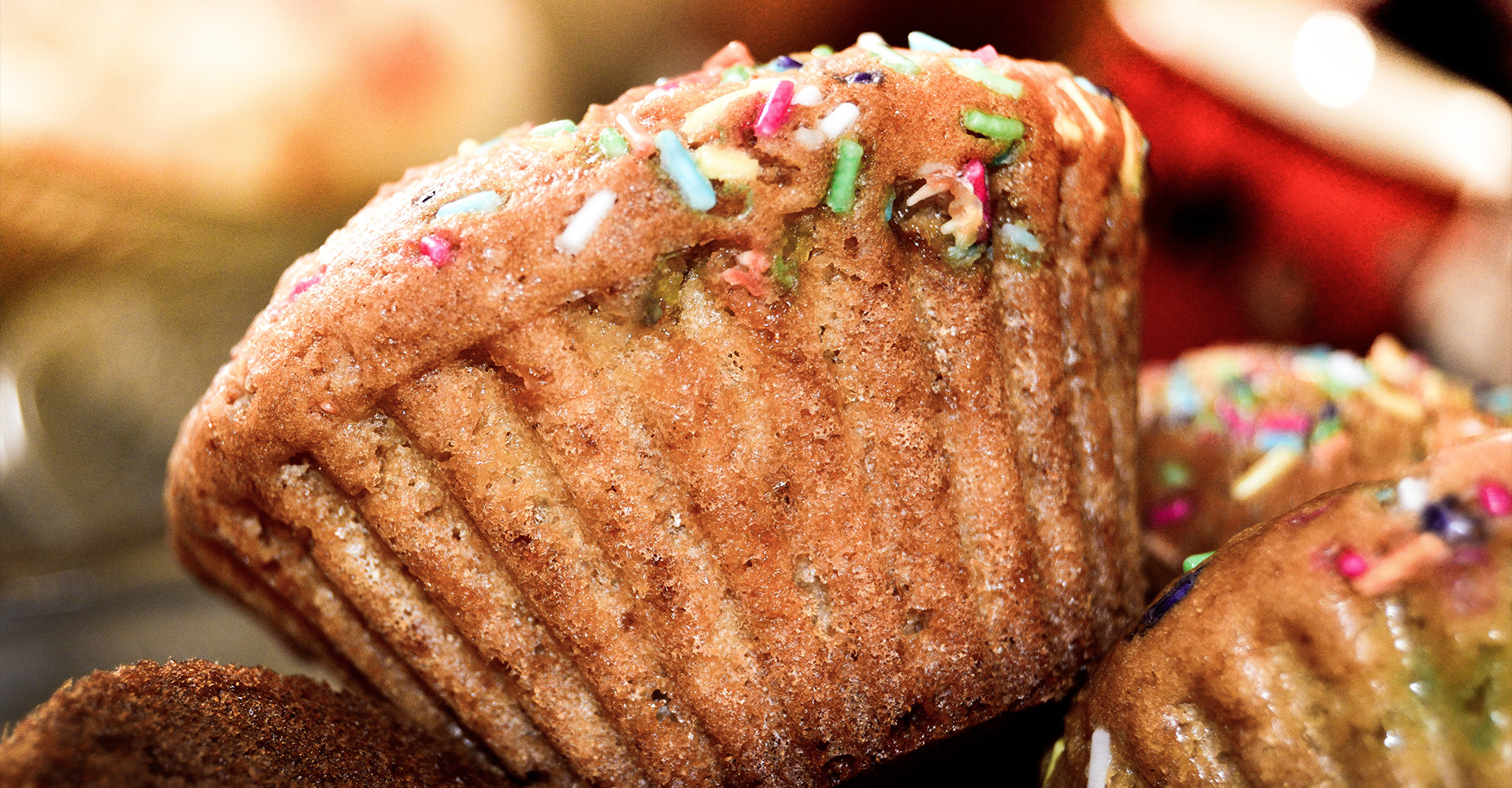The licensed funding specialists at Synergy Merchants have discussed numerous options with their clients concerning…
Keep Your Accounts Hack Free

These days, there are so many different accounts that one can open online, that it is necessary to create an abundance of user names and passwords. For the most part, it appears as if most people select the same passwords for the various sites that they need to log in to on a regular basis. How else are you supposed to remember so many different passwords anyway?
According to Denise Balkissoon, in her special to The Toronto Star today, using the same password over and over again is not a good idea. She reports that this past week, the gossip site Gawker was hacked into, divulging millions of user passwords to the public. Incredibly, the vast majority of users used either “123456” or “password” as their passwords.
Bad idea, reiterates Balkissoon. She offers up some tips on how you can keep your online accounts safe. Especially since so much can be done on the internet these days, including making payments and managing your banking, you will want to make sure that you protect your identity in cyber space as best as you can.
Instead of using the same password for several different sites, think of reconfiguring it somehow by adding digits or other characters. Balkissoon admittedly has had to use the “Forgot Your Password?” feature on a number of sites. However, having to reset your password is a lot more convenient than having to reclaim your identity if your account gets hacked into.
Be careful when you are choosing a secret question for security purposes. Don’t use something obvious or well known to others such as your name or child’s date of birth. Instead, pick your own secret question and come up with something that won’t be widely available for public knowledge.
Make your passwords long, suggests Balkissoon. Ten characters or more with a mix of letters, numbers and symbols is the ideal recommendation. These passwords are not likely to be guessed or discovered by anyone trying to sneak into your accounts. In fact, you may want to create a “pass phrase” over a password.
So instead of your dog’s name, for example, you may want to select “seespotrun”. Even better, is creating an acronym out of a sentence. So “see spot run around in his favourite park” could help you develop the pass phrase “ssraihfp”. While this phrase should be easy for you to remember, it should also be a password that is hard for others to figure out.


